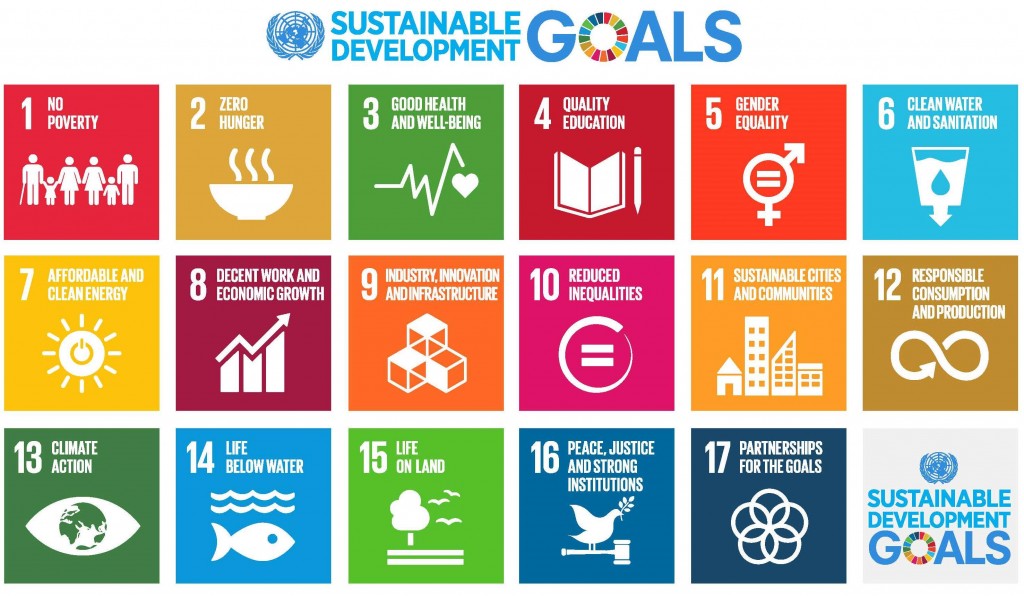
One of the biggest issues related to climate change is food security. The world’s poorest – many of whom are farmers, fishers and pastoralists – are being hit by higher temperatures and an increasing frequency in destructive weather events, such as floods and hurricanes.
At the same time, the global population is growing steadily at a rate of 1.13% per year (this is currently estimated to be an average change of 80 million people per year!). Global population is expected to reach 9.6 billion by 2050. There is a constant increase in the number of mouths to feed and the world’s resources are struggling to meet such a heavy demand.
According to the World Bank, the number of impoverished people will grow from the current 702 million to around a billion by 2030. Out of this increase, 100 million will become poor solely because of food price increases caused by climatic change. Agriculture and food systems will need to adapt to the adverse effects of climate change and become more resilient, productive and sustainable. This is the only way that we can ensure the wellbeing of ecosystems and rural populations and reduce emissions.
Growing food in a sustainable way means adopting practices that produce more with less in the same area of land and use natural resources wisely. It also means reducing food losses before the final product or retail stage through a number of initiatives including better harvesting, storage, packing, transport, infrastructure, market mechanisms, as well as institutional and legal frameworks.
This is why this year’s global message for World Food Day 2016 is:
 At the UN Sustainable Development summit in September 2015, 193 countries pledged to end hunger in the next 15 years. With unprecedented speed and breakthroughs such as the US and China’s ratification, the historic Paris Agreement on Climate Change is set to enter into force. This also entails the global goal for achieving zero hunger by 2030 – an ambitious goal and one that cannot be reached without addressing climate change.
At the UN Sustainable Development summit in September 2015, 193 countries pledged to end hunger in the next 15 years. With unprecedented speed and breakthroughs such as the US and China’s ratification, the historic Paris Agreement on Climate Change is set to enter into force. This also entails the global goal for achieving zero hunger by 2030 – an ambitious goal and one that cannot be reached without addressing climate change.
Our collective task is now to turn commitments into action on the ground. Everyone has a role to play in mitigating the effects of climate change; even individuals such as yourself – staff and students at King’s – can make a difference. We shouldn’t be waiting around for countries to act but
start living by the change we want to see in the world.
Here are a number of easy actions that you can take to help improve the shocking reality of our consumption behaviour (source: Food and Agriculture Organization of the United Nations).

Did you know livestock contributes to nearly two thirds of agricultural greenhouse gas (GHG) emissions, and 78% of agricultural methane emissions? By being a conscientious and ethical consumer and changing simple day-to-day habits such as your meat consumption, little effort on your part can have an impact on a larger scale! Start by trying to eat one all-veggie meal (including pulses like lentils, beans, peas and chickpeas) instead of one meat meal a week. Way more natural resources are used to produce the meat on the supermarket shelves than plants or pulses, especially water! Millions of acres of rainforest are also slashed and burned to create grass pastures for livestock, so that we can eat a burger… Say no to your weekly steak and discover some new meals that might surprise you!

Over 1/3 of food produced worldwide is lost or wasted. That equates to approximately 1.3 billion tonnes per year. All this food waste causes methane to be emitted during the rotting process, which is 25 times more potent than carbon dioxide! Whenever you have leftovers, don’t throw them away! Ask for a doggy bag and bring last night’s dinner for lunch into work/lectures. In supermarkets, pick the ugly fruit and vegetables that might otherwise go to waste, if you are using it that same day. Funny fruit and veg are often thrown away because they don’t meet cosmetic standards, but in fact, they taste the same! There are also some great ways to share your food with others who may be hungry. OLIO is an app that allows you to connect with people who may have a surplus of something and allows you to share your surplus with (other) hungry students.
 Deforestation and forest degradation account for an estimated 10-11% of global GHG emissions. In the digital age that we live in, there is no need for King’s to be printing as much as it does. Collect scrap paper and use it for drawing and notes. At the start of the new academic year, shop for notebooks made out of recycled paper! When you buy paper – printer paper, paper towels, toilet paper, etc. – make sure they are forest-friendly and try to buy furniture that is made from sustainably sourced timber. Little things like that can reduce our environmental footprint and make a big difference.
Deforestation and forest degradation account for an estimated 10-11% of global GHG emissions. In the digital age that we live in, there is no need for King’s to be printing as much as it does. Collect scrap paper and use it for drawing and notes. At the start of the new academic year, shop for notebooks made out of recycled paper! When you buy paper – printer paper, paper towels, toilet paper, etc. – make sure they are forest-friendly and try to buy furniture that is made from sustainably sourced timber. Little things like that can reduce our environmental footprint and make a big difference.
For more tips on what you can do to improve food security in the future, check out the U.N.’s pages on World Food Day, 2016! Enjoy some meat-free meals and have a great weekend!
Wendela Schim van der Loeff, Sustainability Projects Assistant


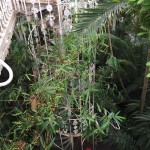

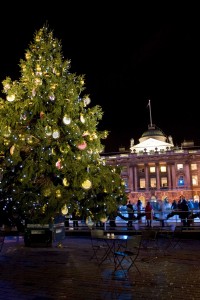
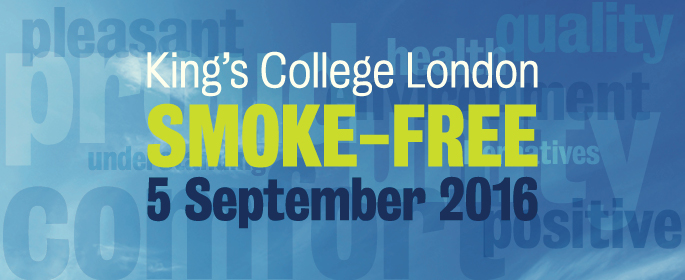

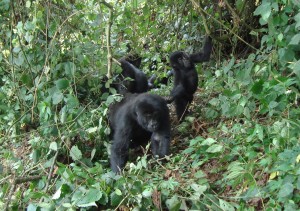
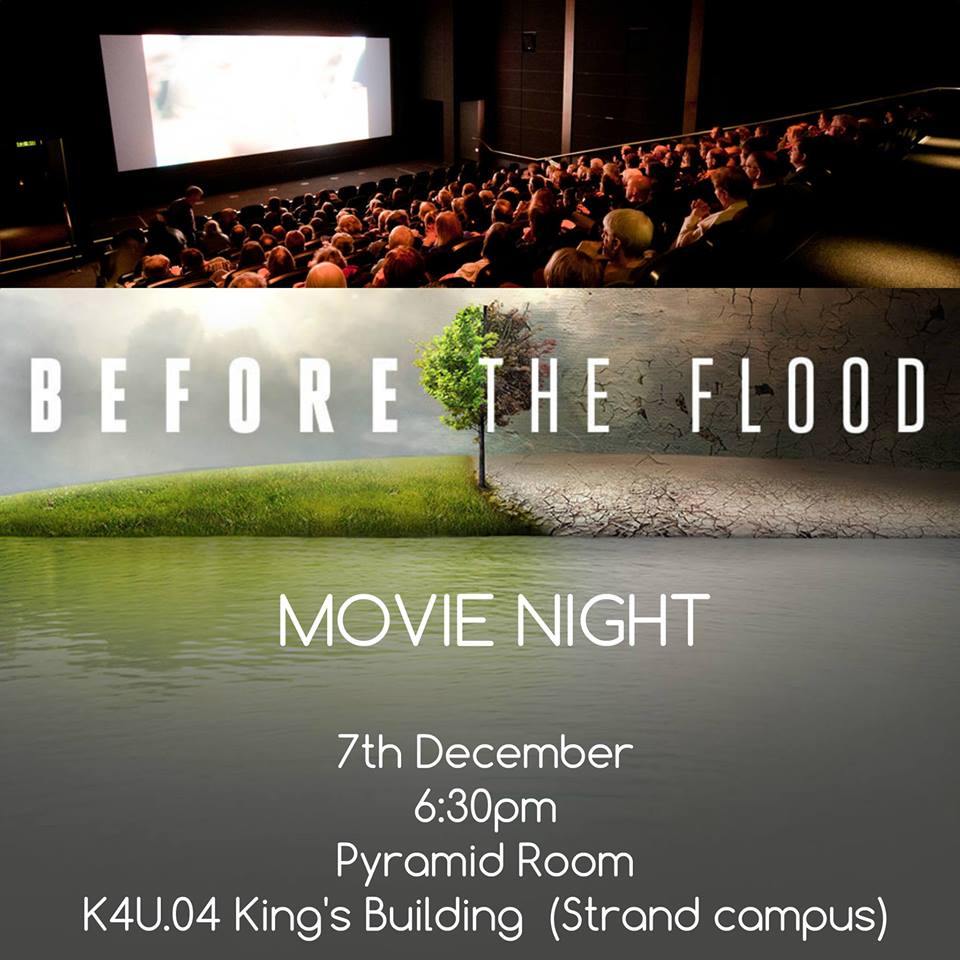
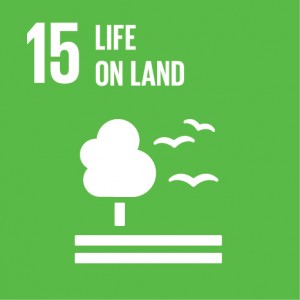 the Non-human Sphere has helped raise the profile of my wonderful country the DRC and also the innovative approach my foundation take to the conservation of gorillas.”
the Non-human Sphere has helped raise the profile of my wonderful country the DRC and also the innovative approach my foundation take to the conservation of gorillas.”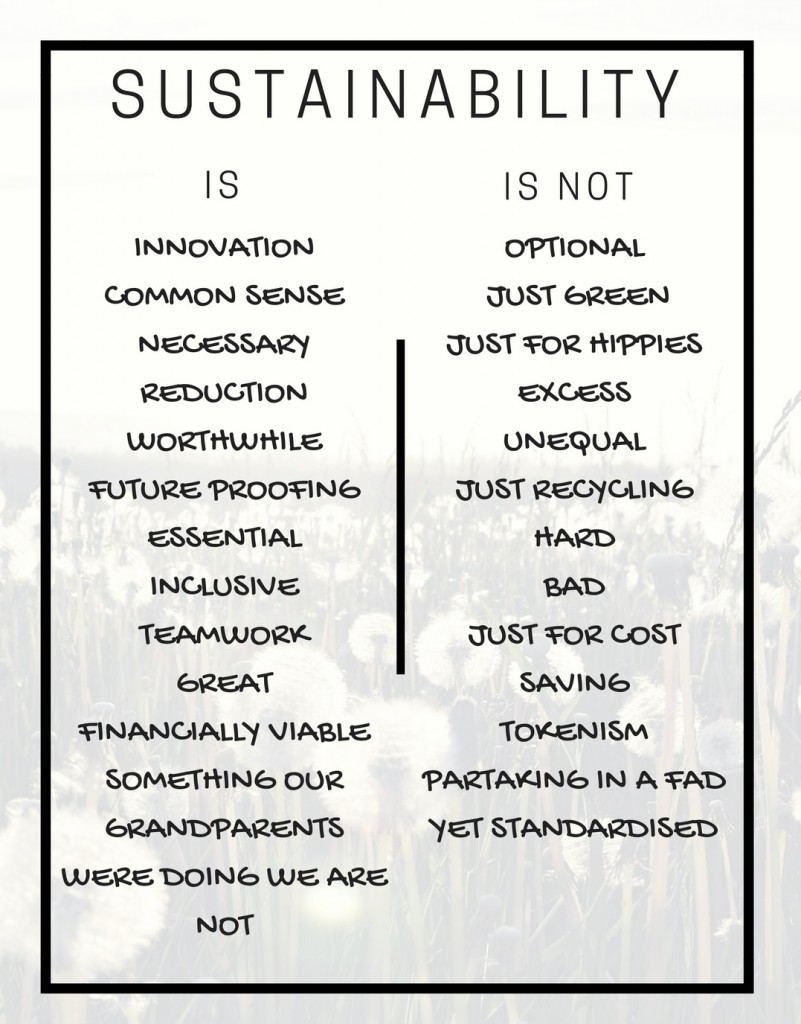





 Deforestation and forest degradation account for an estimated 10-11% of global GHG emissions. In the digital age that we live in, there is no need for King’s to be printing as much as it does. Collect scrap paper and use it for drawing and notes. At the start of the new academic year, shop for notebooks made out of recycled paper! When you buy paper – printer paper, paper towels, toilet paper, etc. – make sure they are forest-friendly and try to buy furniture that is made from sustainably sourced timber. Little things like that can reduce our environmental footprint and make a big difference.
Deforestation and forest degradation account for an estimated 10-11% of global GHG emissions. In the digital age that we live in, there is no need for King’s to be printing as much as it does. Collect scrap paper and use it for drawing and notes. At the start of the new academic year, shop for notebooks made out of recycled paper! When you buy paper – printer paper, paper towels, toilet paper, etc. – make sure they are forest-friendly and try to buy furniture that is made from sustainably sourced timber. Little things like that can reduce our environmental footprint and make a big difference.
